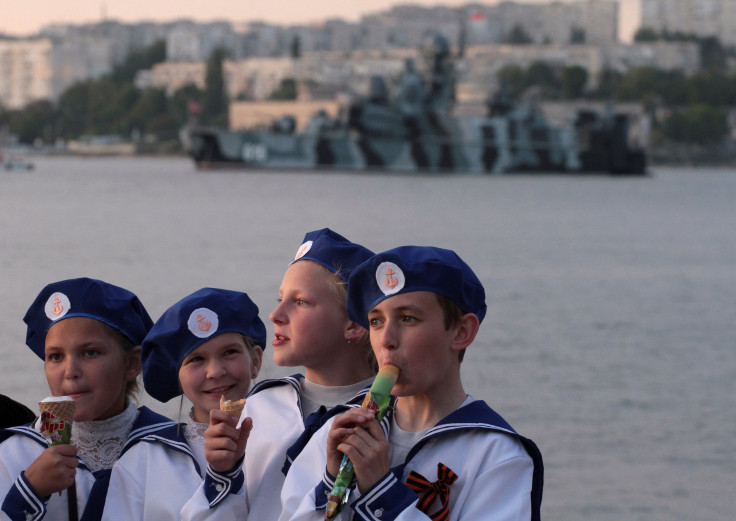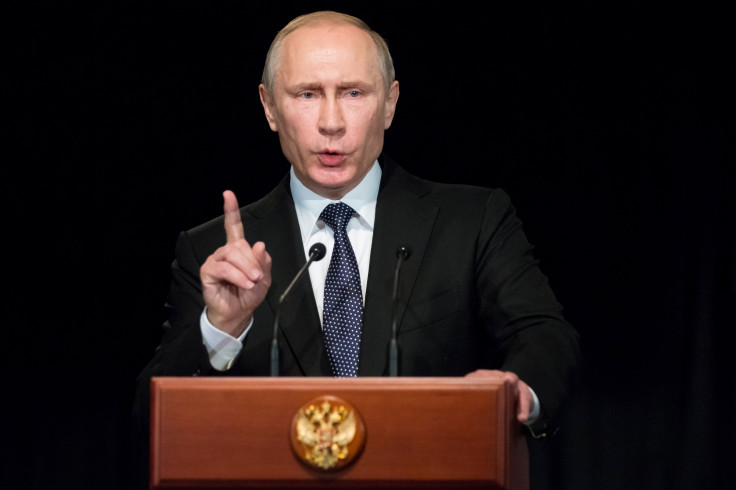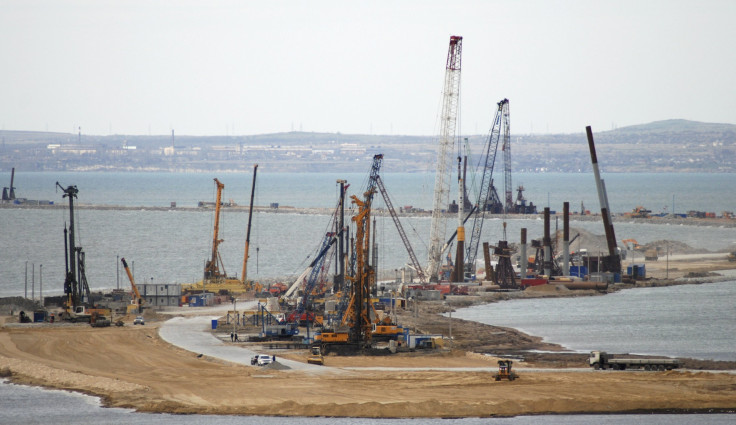Why Russia-Turkey Rapprochement Could Cripple Crimea’s Tourism Industry As Erdogan And Putin Kiss And Make Up

MOSCOW — Tourist resorts in southern Russia fear a reset in relations between Moscow and Ankara could lead to a drop in visitor numbers as sun-seeking Russian vacationers return to Turkish beaches for the tail-end of the 2016 summer season.
Domestic tourism has been boosted over the last year as a result of a collapse in the value of the ruble, a ban on flights to Egypt and economic sanctions on Turkey. But now there is speculation some of these gains could be eroded.
“Crimea will definitely feel it,” said Natalya Prachuk, deputy head of the Association of Independent Hotels of Crimea, referring to the region of southern Ukraine annexed by Russia in 2014.
“A four-star hotel in Bodrum including flights will be cheaper than a three-star hotel in Yalta,” she told International Business Times from the Crimean capital of Simferopol, referring to a popular Turkish resort and one of Crimea’s most sought-after coastal cities.

The Kremlin shut down the flow of Russian tourists to Turkey as part of raft of economic sanctions imposed on Ankara after the Turkish military downed a Russian jet operating near the border with Syria in November. But Turkish President Recep Tayyip Erdoğan publicly apologized for the incident earlier this week — and Putin responded promptly by canceling the restrictive measures.
There is likely to be a 10 to 15 percent drop in the number of tourists traveling to Russian resort destinations because of the rapprochement with Turkey, according to Dmitry Popov, the deputy head of Russian tour agency Alean. “But it will not be a catastrophe,” he said.
Officials have encouraged Russians to spend their holidays inside Russia as part of a resurgent nationalism in recent years and a drive to boost national industries. This was aided by the 2014 run on the ruble amid falling oil prices and Western sanctions on Moscow that made foreign travel beyond the reach of many ordinary Russians.
Russians traditionally flock to resorts on Turkey’s Mediterranean and Aegean coasts year-round — but the number of visits collapsed seven months ago because of the Kremlin ban and some beaches are reportedly empty. Russian tourist numbers in the popular resort of Antalya in the first half of June were down 98.5 percent, the Association of Russian Tour Operators said last week.

There was a 10 percent increase in demand for domestic holidays in 2015, according to official figures cited by the Kommersant newspaper earlier this year.
Russian resorts have been given a unique opportunity by the economic conditions and the difficulties of reaching Egypt and Turkey, according to Dmitry Gorin, the deputy head of the Association of Russian Tour Operators. “This is a very, very important year for Russian hotels and Russian tour operators. It’s like an exam for them.”
But the reopening of access to Turkey appears to indicate the good times are ending.
While experts are divided over how quickly airlines and tour operators will be able to reintroduce the sale of package holidays to Turkey, most agreed that large numbers of Russians could return to Turkey by the end of August, in time for the last two months of the summer season.
“As soon as there is an order we will immediately begin sending tourists,” said Gorin. While Putin has ordered legal changes to be made, they have not yet come into force.

Many Russian resorts are not competitive on price with their counterparts in Turkey — and face an outflow of custom. The cost for vacationers in Crimea has reportedly risen sharply, in part because of increased demand, and much of the area’s midrange accommodation is now substantially more expensive than similar options in Turkey. Russian media Wednesday reported that Turkish hotels were also slashing prices in an attempt to boost bookings.
Russian tour agencies in Moscow have been inundated with calls since Putin announced Wednesday the lifting of a ban on the sale of package tours to Turkey.
“A lot of people have been ringing since yesterday,” according to Olesya Redkina, the head of Arriba, a Moscow-based tour agency that arranges holidays abroad for Russians. “Clients are ready to fly tomorrow,” said Alexander Preobrazhensky, the commercial director of tour agency Travel Shop, the RBC news website reported Wednesday.
The only limitation on a rapid rise in numbers appears to be fears over security, following a recent rise in attacks in Turkey in what is seen as a spill-over from the civil war in neighboring Syria. Over 40 people were reported killed earlier this week in a suicide assault on Istanbul’s main airport.
Yulia Sinelshchikova, 46, from the Russian enclave of Kaliningrad paid 25,000 rubles ($390) for a 10-day holiday to a beach resort in Turkey last year and said she enjoyed the experience. But she does not want to return in the near future: “I wouldn’t go back this year because I think it is too dangerous,” she said.
© Copyright IBTimes 2024. All rights reserved.






















